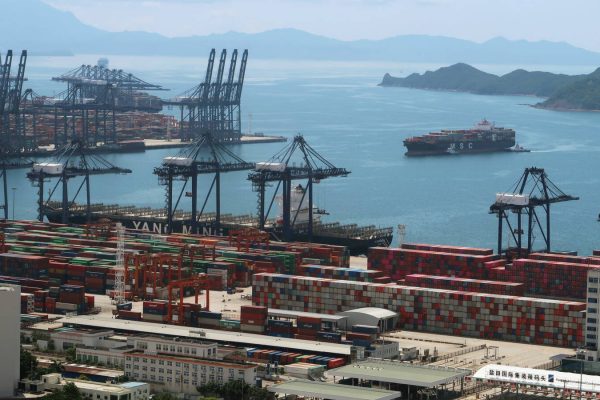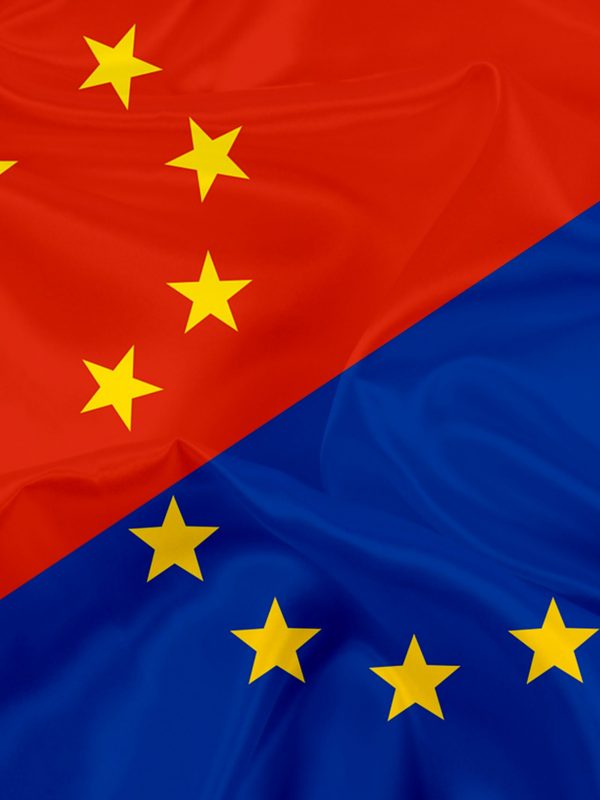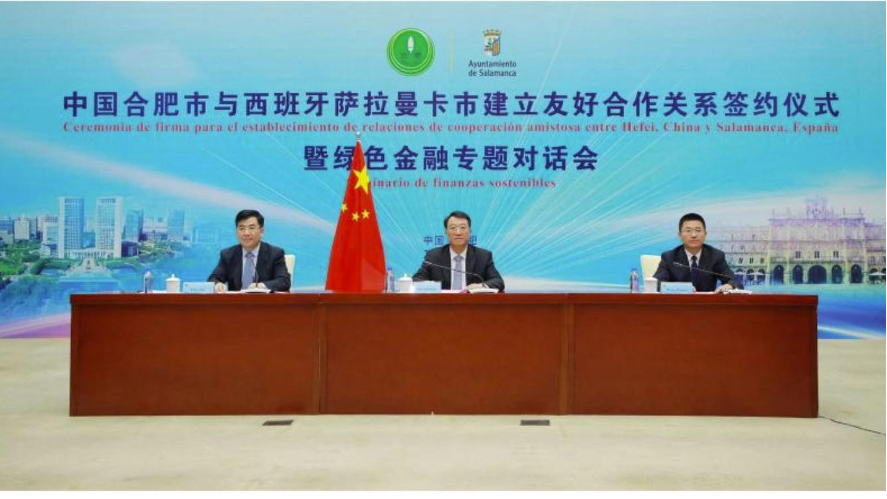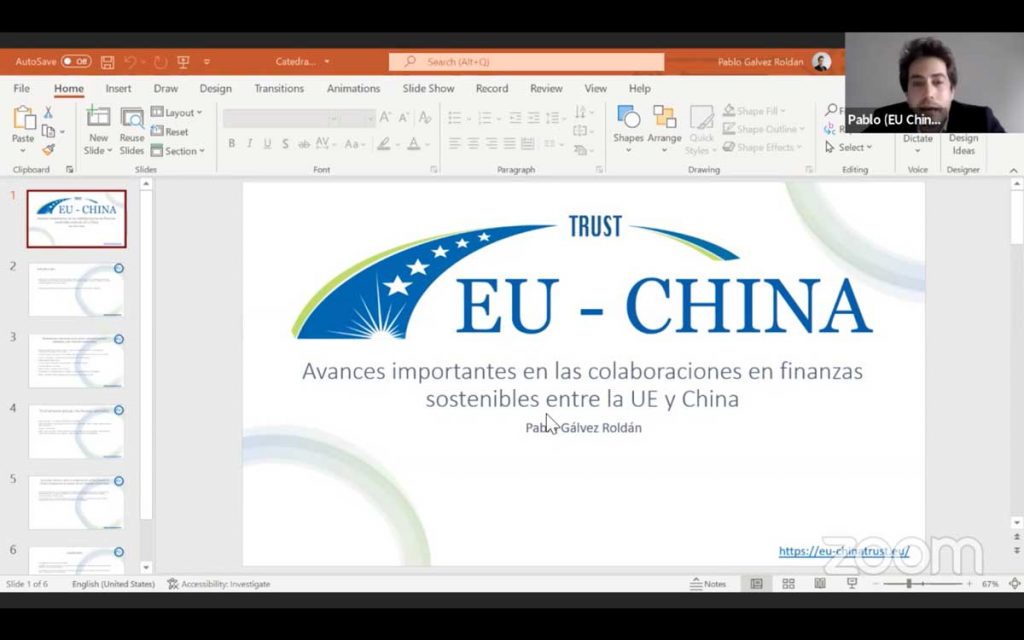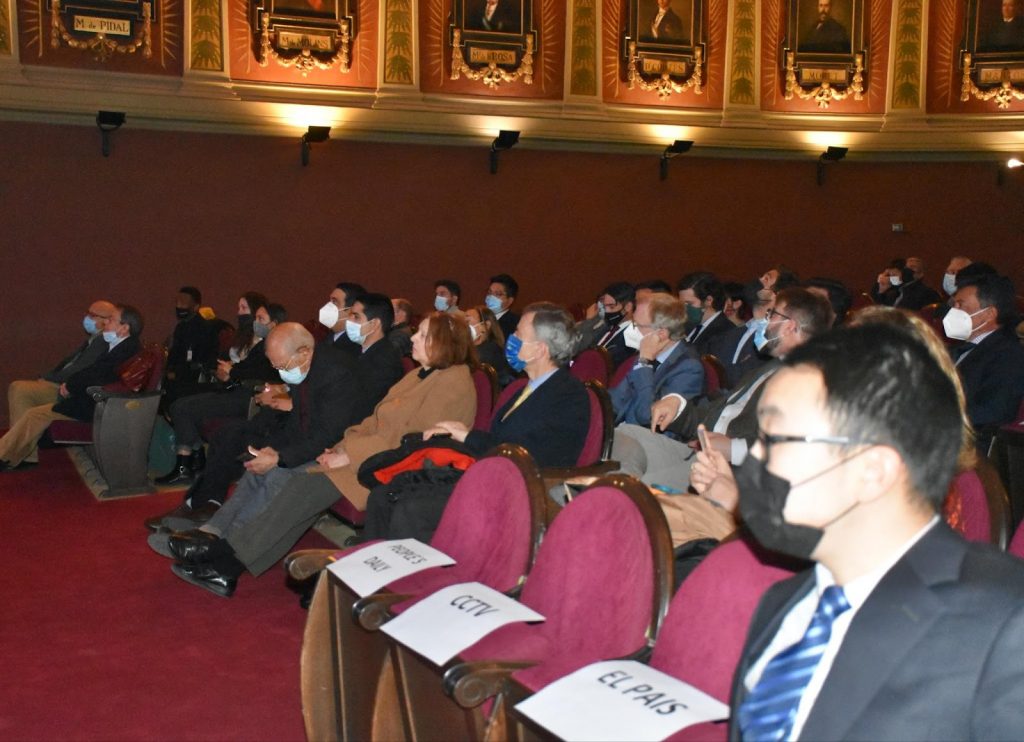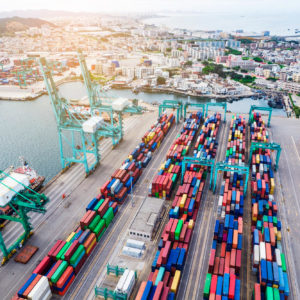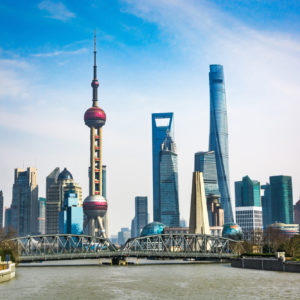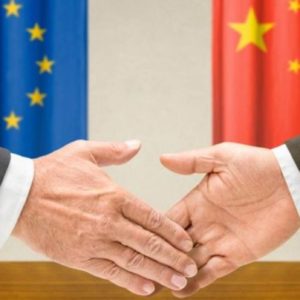Building a solid foundation for cooperation and alignment between the EU and China in the area of sustainable finance.
The China-Europe Association for the Promotion of Mutual and Sustainable Trust (EU-China Trust) is a non-partisan, non-political and not-for-profit association that was born in Madrid, Spain, with the aim of promoting cooperation between the EU and China on the field of sustainable finance.
The members of the association believe that, beyond political differences and economic disagreements, the EU and China share a profound commitment to tackle climate change through a diverse range of environmentally friendly policies. Both the EU and China have been staunch supporters of the Paris Climate Agreement and are deeply aware of the need to fight for climate change mitigation.
The association is made of a diverse group of members, Europeans and Chinese, that come from both professional and academic backgrounds and share the notion that, differences and political disagreements notwithstanding, only by promoting cooperation between the EU and China in the field of climate change can we hope to address the urgent challenges of our time.
Sustainable finance, greatly promoted by the Paris Climate Agreement, is fundamental to ensure we move towards a climate-resilient development model that fosters sustainable and climate-resilient societies across the globe.

